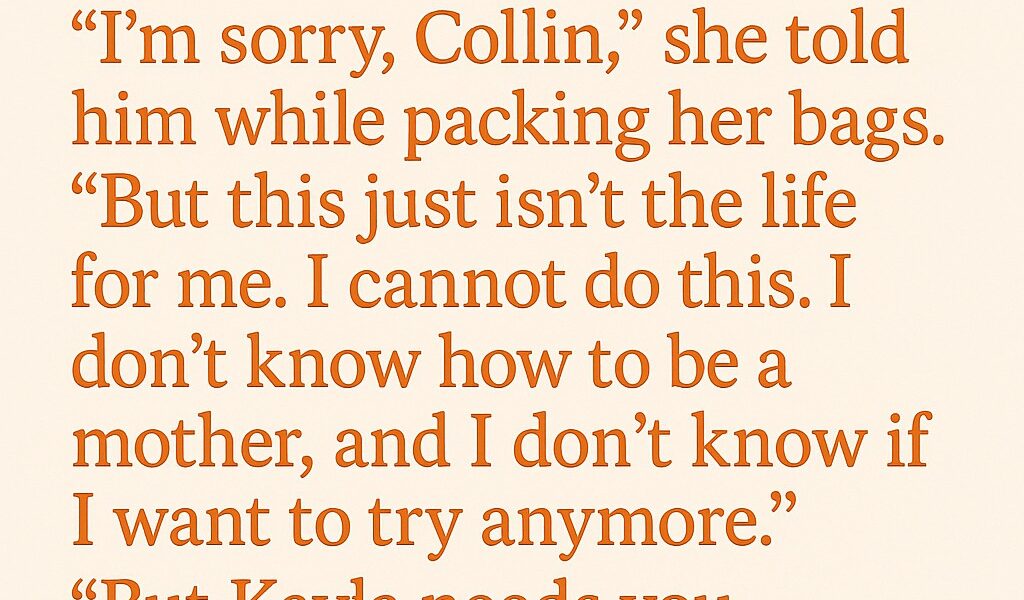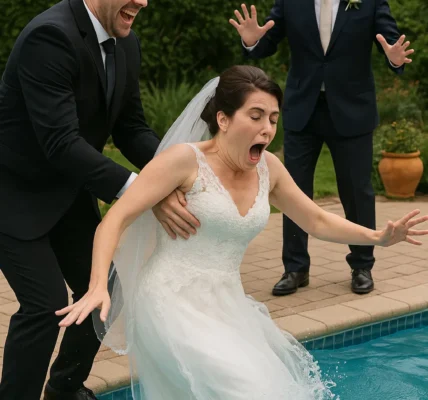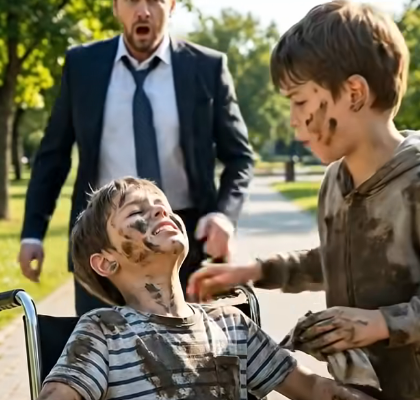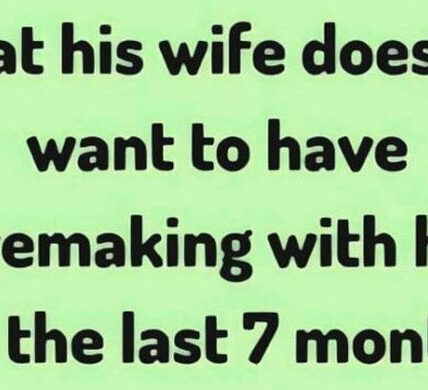After Kayla’s mother leaves her, her father raises her to the best of his ability. Things are fine until he meets Tanya, her stepmother, who joins the family with her daughters. Things seem fine until tragedy hits and Kayla’s father dies, leaving her in the care of Tanya—where she is forced to decide what to focus on while she’s under Tanya’s roof.
My mother was never meant to be a mother. She said exactly that to my father when I was about three months old, and then she left.
“I’m sorry, Collin,” she told him while packing her bags. “But this just isn’t the life for me. I cannot do this. I don’t know how to be a mother, and I don’t know if I want to try anymore.”
“But Kayla needs you,” my father said, voice breaking.
“I’ll do more damage if I stay,” she whispered, tears streaming down her face.
And then she walked out of our lives.
For years, my father relied on my grandparents to help raise me, and they did a good job of making me feel loved and cared for, despite the fact that my mother had chosen to leave me behind.
“It’s difficult, I know,” my grandmother said while we sat at the kitchen table one day. “But you need to remember that being a parent isn’t for everyone, Kayla. Sometimes people only realize that too late.”
I understood my grandmother’s logic—it made sense to me. This was beyond my control. But there was nothing easy about accepting that my mother had chosen to leave me—that loving me wasn’t enough.
As I grew, my father became my anchor—he was the one person who would do anything for me.
It was us against the entire world.
Then, when I was twelve, my father met Tanya at my school. She had a set of twins who were a grade above me, and they met at a school fundraiser.
“Kayla, we’re really spending our Saturday at your school?” my father grumbled as he carried a container of cupcakes from the car.
“It’s just for a few hours,” I told him. “Then we can leave. I know you and Uncle Jim want to watch the game.”
He laughed, and we walked to the football field with the baked goods. We set up everything, waiting for Bake Day to begin so we could sell our cupcakes and go home.
Then Tanya appeared with her twin girls, Allie and Avery, setting their containers of brownies next to ours.
“Oh no!” Tanya shrieked as she tripped on a tablecloth, almost dropping a container. My father rushed to her rescue, catching the container, setting it right, and helping unhook the piece of fabric from her shoe.
That was the beginning of the end.
My father and Tanya exchanged numbers, and by the end of the fundraiser, they’d made plans to meet for dinner the following week.
Two years later, they were married—with Allie, Avery, and me as bridesmaids.
For a while, I learned what it was like to have a mother figure. Tanya tucked me in some nights, asked about my day, even bought me a dress once.
“Just be careful,” my grandmother warned gently. “She’s just being nice because your father married her. Wait until the dust settles. But for your sake, my darling, I hope she’s everything you need her to be.”
It was as if Gran’s words had conjured the storm. Slowly, Tanya’s warmth cooled. She went from caring to critical. I began to notice the difference in how she treated me compared to the twins—new clothes for them, praise for them, while I became invisible.
“Don’t worry about it,” my father said during one of our evening runs—his cholesterol was high, and the doctor had ordered exercise.
“It’s not about the twins getting new things,” I told him. “It’s about how she doesn’t even try to make me feel like I deserve them, too.”
“It’s been Tanya and the girls for a long time,” he said, catching his breath. “They only know each other. But remember, I’m always here for you.”
Until he wasn’t.
Just weeks after my 15th birthday, my father died from a heart attack in his own bed. The funeral was a blur. I remember standing there, numb, realizing I had no parents left. Tanya wept loudly, drawing sympathetic glances.
“You can always come to me,” my grandmother said, clutching my hands at the burial. But I knew I couldn’t. She was frail and had recently been moved into an old-age home so she could be cared for.
A year passed. I lived in the shadow of my former life—my father’s death had changed everything. Tanya and her daughters treated me less like family and more like an unwanted guest. I cleaned the house in between schoolwork, careful not to make waves.
Then came the twins’ sweet sixteen.
“We’re going to throw a big bash!” Tanya declared. “We need to celebrate my two girls.”
With my father’s money—money meant for my college dreams—she funded an extravagant party. New outfits. The latest iPhones. Nothing was too much for them.
When my birthday came, I wasn’t expecting a sweet sixteen, but I hoped for a dinner, maybe a cake—just something to remind me I mattered.
On the morning of my birthday, I walked into the kitchen, heart hopeful.
Tanya handed me a single cupcake on a plate.
“Happy Birthday, Kayla,” she said flatly, sliding over my “gift”: one of the twins’ old school bags, her name still stitched on the side.
“This is what you deserve,” Tanya said. “Your focus should be on your studies, not parties or boys.”
I was stunned. I didn’t expect extravagance, but I had hoped for kindness. Instead, Tanya’s message was clear: I was nothing more than a shadow of someone she wished would disappear.
Alone in my room, I cried for my parents. Nothing felt familiar anymore. Even the house was being renovated—Tanya wanted it to look like hers, not ours.
My eyes fell on the secondhand schoolbag, a symbol of her disdain. I refused to let it define my worth.
Instead, it became my fuel.
For the next two years, that bag became my banner of defiance. I poured myself into my studies and extracurriculars, pushed myself harder than ever.
“You’re doing so well, Kayla,” my homeroom teacher said one afternoon. “Your father would be so proud.”
When graduation came, I was not only top of my class but awarded a full ride to a prestigious university.
Allie and Avery, spoiled and complacent, wasted their advantages, coasting on Tanya’s money. But life, I had learned, favors those who refuse to give up
Years later, I stood in my father’s house—a house I had reclaimed—now a thriving veterinarian known and trusted by countless families. My first paycheck had gone toward paying off what Tanya tried to hold over me, and eventually, the house became mine alone.
This past weekend, I was the keynote speaker at my high school reunion. I stood on stage, the same old schoolbag hanging at my side like a badge of honor.
“To the woman who gave me this bag, thinking it was nothing more than what I deserved,” I said, scanning the crowd until I saw Tanya’s daughters in the back, “thank you. You underestimated me, and that mistake became my motivation.”
They exchanged uneasy glances as I stepped off the stage, heart light and strong.
For the first time in a long time, I felt completely free.




